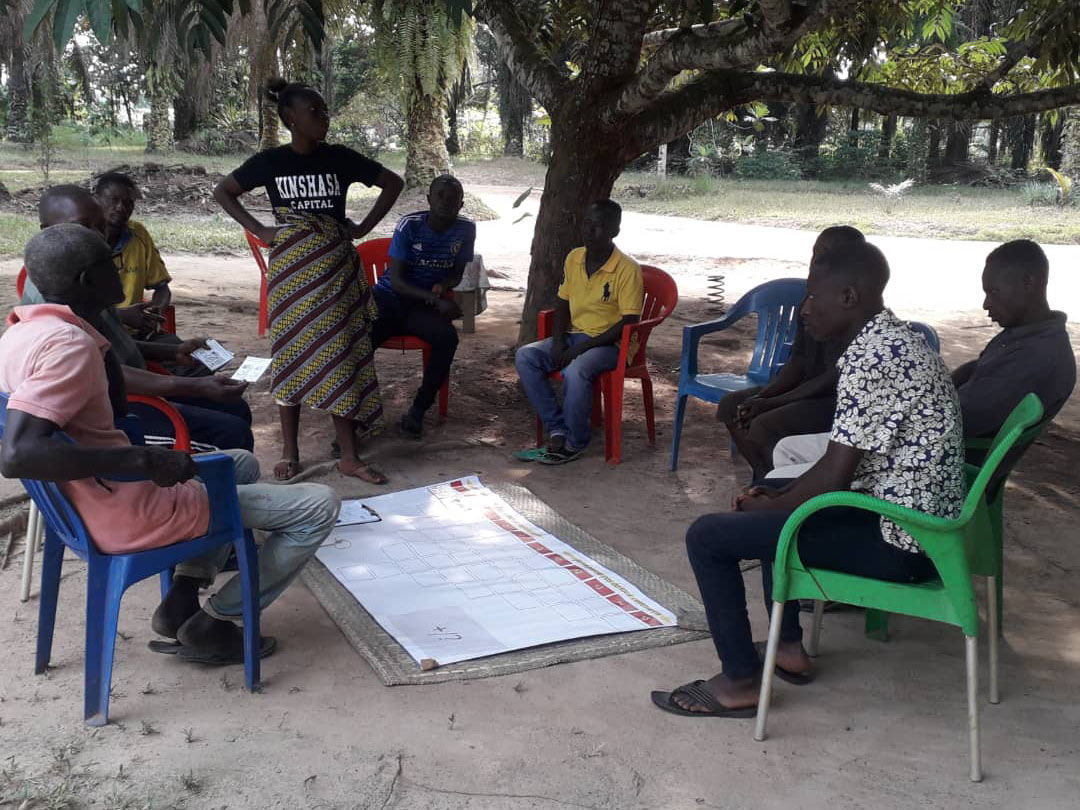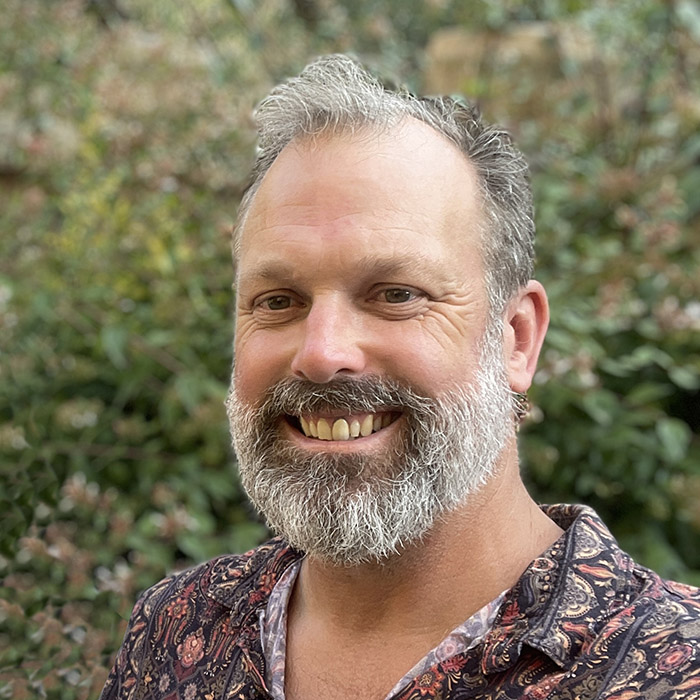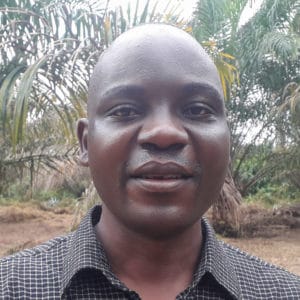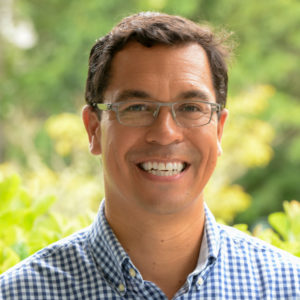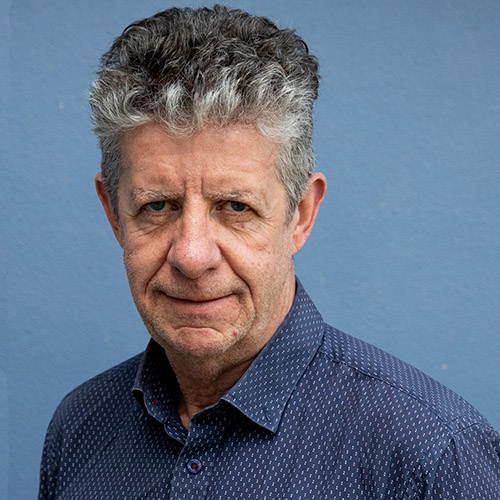In this study we used Q-method to reveal discourses present in three farming communities around the case study site in Équateur Province in the Democratic Republic of Congo.
Q-method is a social science research method used to group participants based on their feelings and perceptions of a particular issue. It has both quantitative and qualitative aspects to it. Research participants express their views by sorting statements (printed on a cards) onto a large sorting mat in order of priority – sorting statements along a continuum of ‘least how I think’ to ‘most how I think’.
We identified three important ways of looking at the world, or discourses, which had a high level of consensus. There was a common emphasis on forest conservation and preferences for compensation in the form of social investments, rather than cash. The three discourses were:
- Conservationist – open to ideas, who display a commitment to learning better practices for community material benefit in service of forest conservation.
- Aspirational artisans, who show greater confidence in their capacity to support livelihoods from farming and accessing markets to sell their produce.
- Passive, conflicted farmers, who are acutely aware of the impact of their farming on forest conservation, but lack agency in determining the institutions that can achieve this.
Aspirational artisans and, to lesser extent, passive, conflicted farmers had the most favourable disposition towards REDD+ schemes, particularly where compensation is distributed in the form social goods, such as education and health, rather than individualised cash, tools, and seeds.
However, only aspirational artisans were pre-disposed to getting actively engaged in the institutions for administering schemes, as such, showing a desire to act as 'political actors' in any environmental governance framework, wanting to both define and enforce rules of use of forest resources, and as ‘economic actors’, acting rationally to maximising utility.
We conclude from this that implementation of REDD+ schemes should thus err on accepting the necessary transaction costs that reduce allocative efficiency but nevertheless contribute to the sustainability of projects and pro-poor project objectives of REDD+.
Our research provides evidence for preferences for social forms of compensation and a lack of significant divergence between sections of the community. We also demonstrate aspiration for the continued development of farming, which although still correlated with preferences for forest conservation, may lead to compensation schemes inadvertently stirring future land use tensions if design does not reconcile agricultural development and conservation.
Key findings
- Forest dwelling communities understand the important role of forests under their conservation management but also maintain aspirations for the continued development of farming, which may mean land use conflicts in the future.
- Forest compensation schemes need to ensure continued support for livelihoods generation, whilst ensuring forest ecosystem integrity.
- Forest compensation can focus on non-cash benefits, rather than cash.
Article authors
Andrew Buckwell
Chris Fleming
Joseph Zambo
Glenn Bush
Fitalew Taye
Brendan Mackey
Reference
Buckwell, A., Fleming, C., Bush, G., Zambo Mandea, J., Taye, F., & Mackey, B. (2023). Assessing Community Readiness for Payments for Ecosystem Service Schemes for Tropical Primary Forest Protection in the Democratic Republic of Congo. The Journal of Development Studies, 1-23. https://doi.org/10.1080/00220388.2023.2182682 (Open access)

